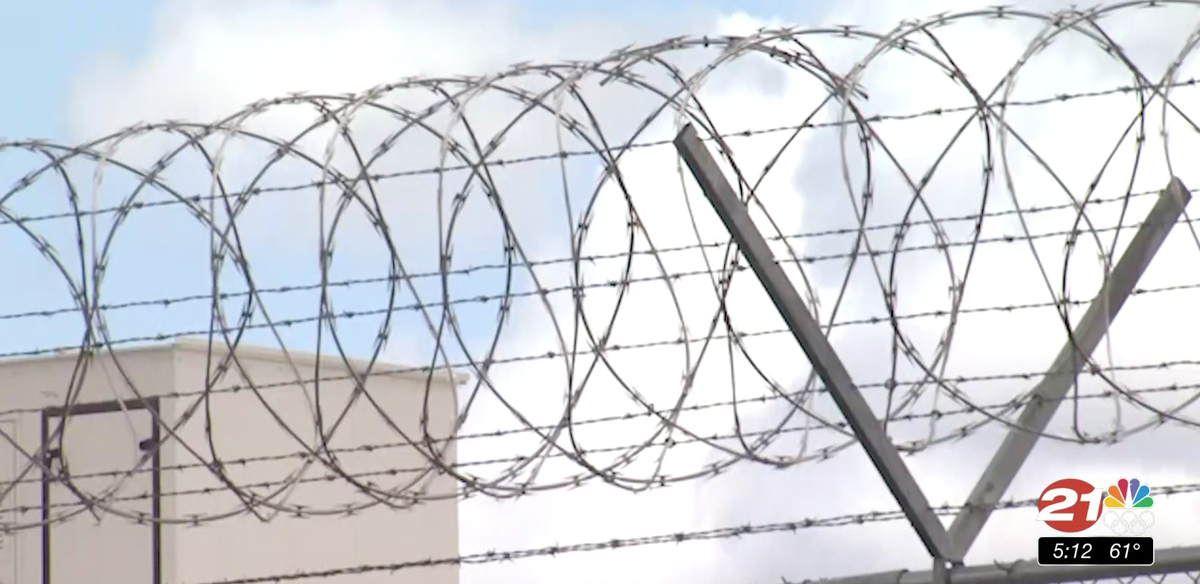Secretary of State Fagan hosts talk on voting rights of formerly incarcerated Oregonians

SALEM, Ore. (KTVZ) – Oregon Secretary of State Shemia Fagan met Friday with Multnomah County Elections Director Tim Scott, advocates from the Oregon Justice Resource Center and formerly incarcerated individuals for a virtual discussion about the voting rights of formerly incarcerated Oregonians and those previously convicted of a felony.
The hour-long discussion highlighted misinformation around Oregonians’ voting rights, specifically the myth that Oregonians lose their voting rights forever after a felony conviction.
“This is just not true. Oregonians who have done their time after a felony conviction and are no longer incarcerated, have the right to vote here in Oregon,” Fagan said. “As Oregonians cast their ballots for the upcoming May 18 Special District Election, I encourage all eligible voters to learn about their candidates and vote this May.”
Voting rights are restored when a person convicted of a felony is released from incarceration. However, the person does need to re-register to be eligible to vote.
Bobbin Singh, OJRC’s executive director, said it is important to push back against myths about who can and can’t participate in democracy.
“When we’re talking about our democracy, the most powerful tool is the vote,” Singh said. “For too long in this country, collateral consequences of a conviction have prevented individuals from being able to fully participate in our society, being relegated to second class citizens and not being able to have agency over decisions that impact their lives – this includes the right to vote.”
According to Oregon law, a person who has a felony conviction can vote in Oregon when:
- Their felony charge is pending, because there has not yet been a conviction.
- A felony conviction has been entered but sentencing has not yet taken place.
- When the felony sentence is probation and the person is not currently in jail or prison.
- After release from jail or prison, whether on probation or parole.
- After the sentence has been completely served.
Joining the discussion were Zach Winston and Trevor Walraven from OJRC, as well as Jackie Whitt and Joshua Cain. Each spoke of their experiences as formerly incarcerated individuals and overcoming the challenges of reentering their communities after those experiences.
“Being heard is a fundamental part of our existence, and if we’re prevented from being heard something like being born can feel like it doesn’t really matter,” Whitt said. “May we all use our assets and efforts and power and privilege to show and teach and empower those to participate in our communities and all things that make them what they are.”
Multnomah County Elections Director Tim Scott said during the discussion that questions about voting eligibility for individuals who have interacted with the criminal justice system is one of the most frequently raised questions his office receives. Multnomah County Elections has a webpage with more information about individuals’ voting rights.
Ballots are due to drop box locations or county election offices by 8 p.m. on Tuesday, May 18. To find the nearest drop box location, use this link.




